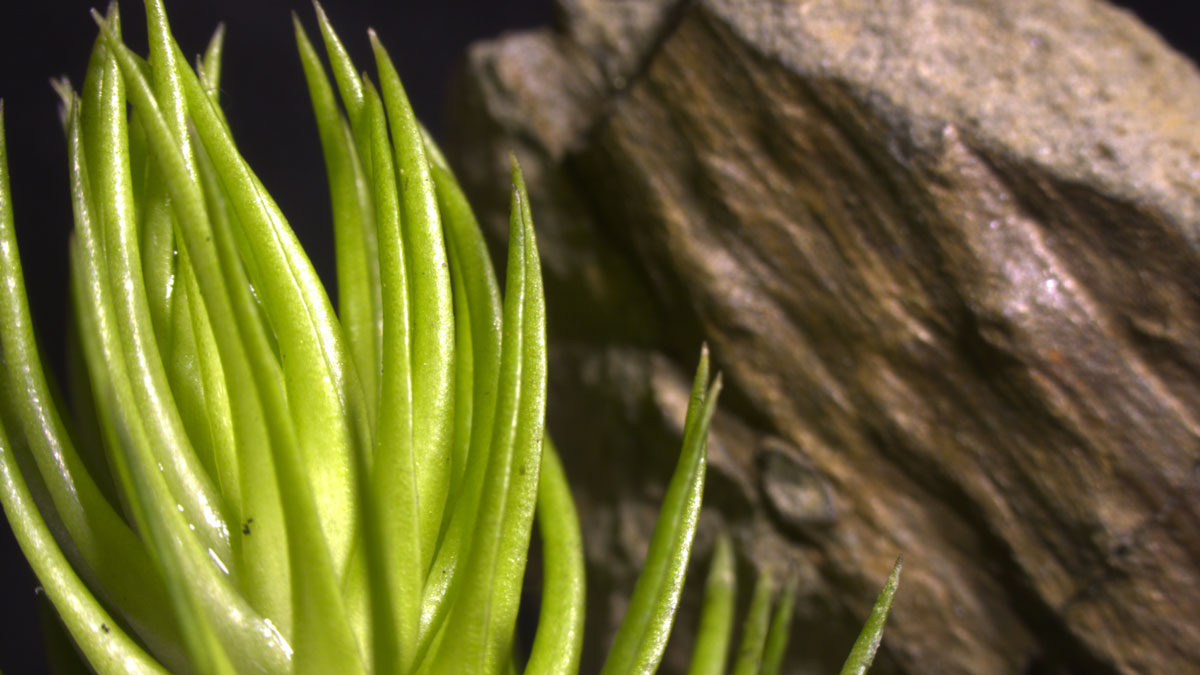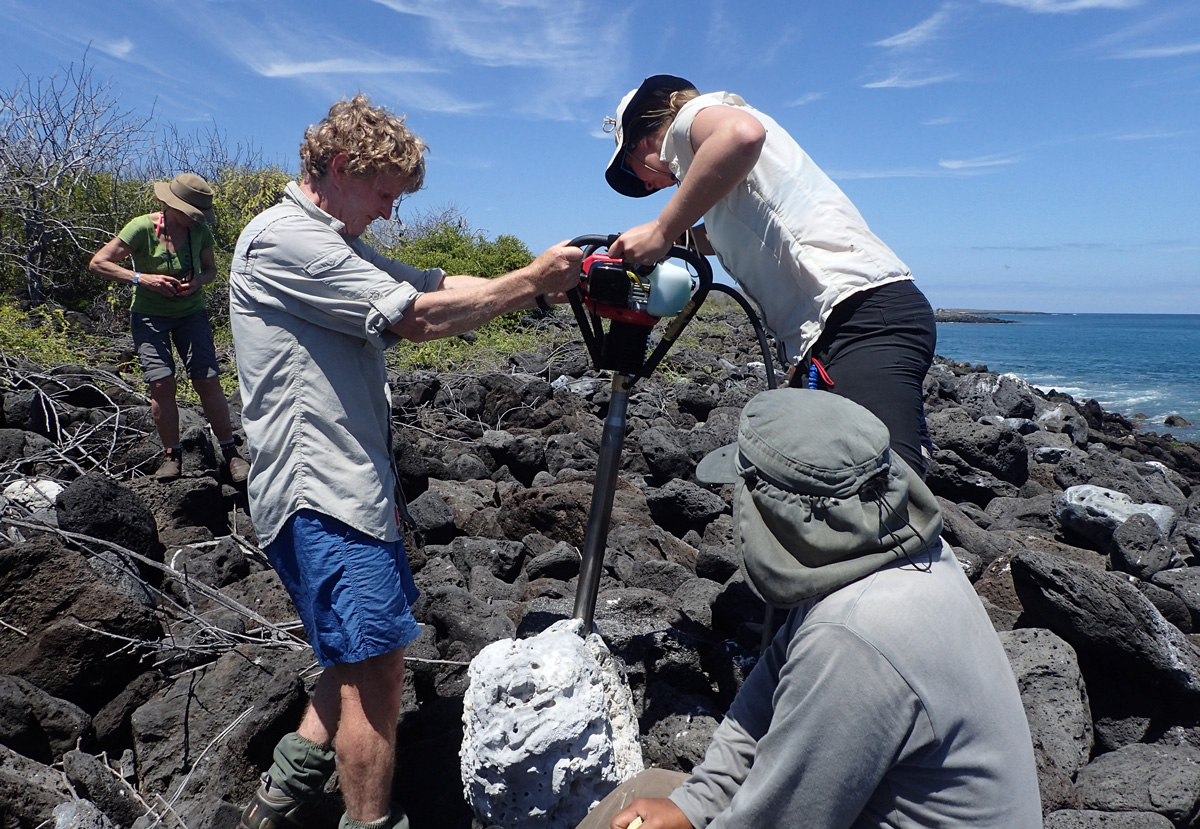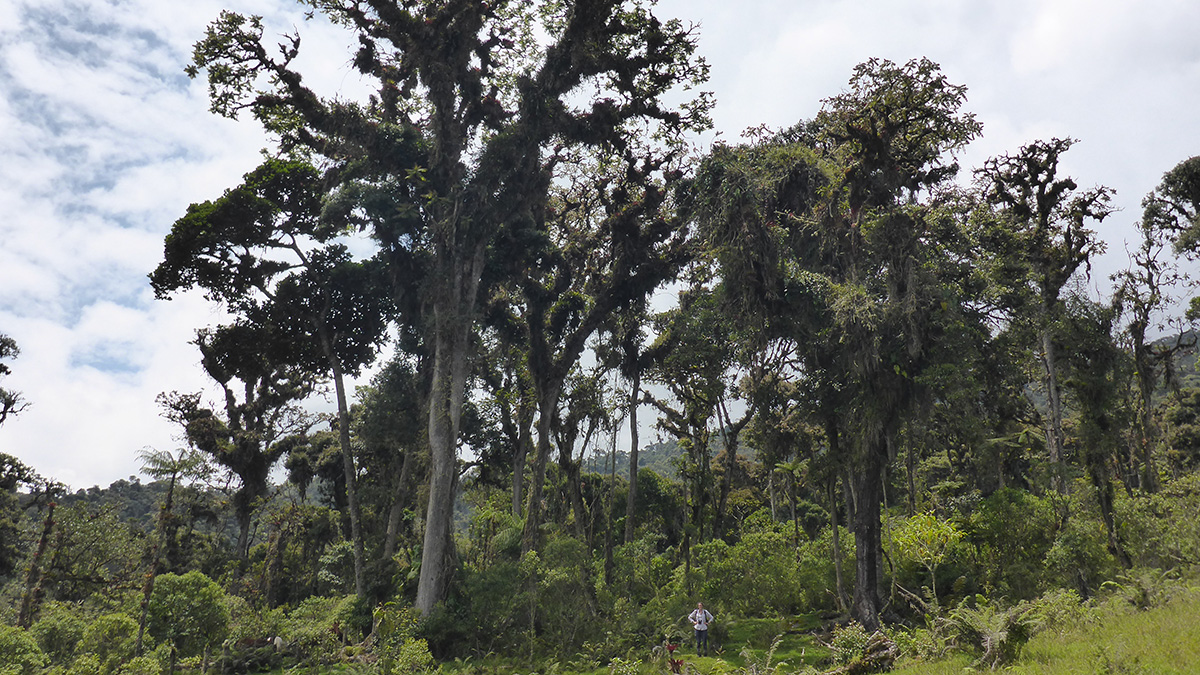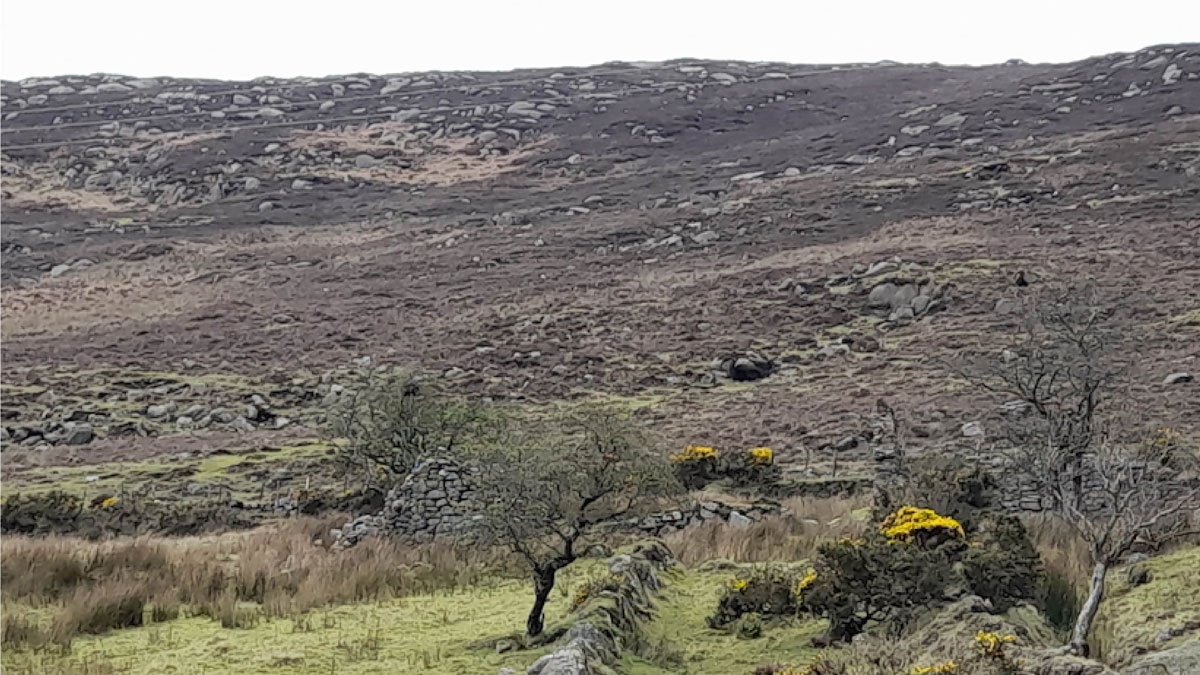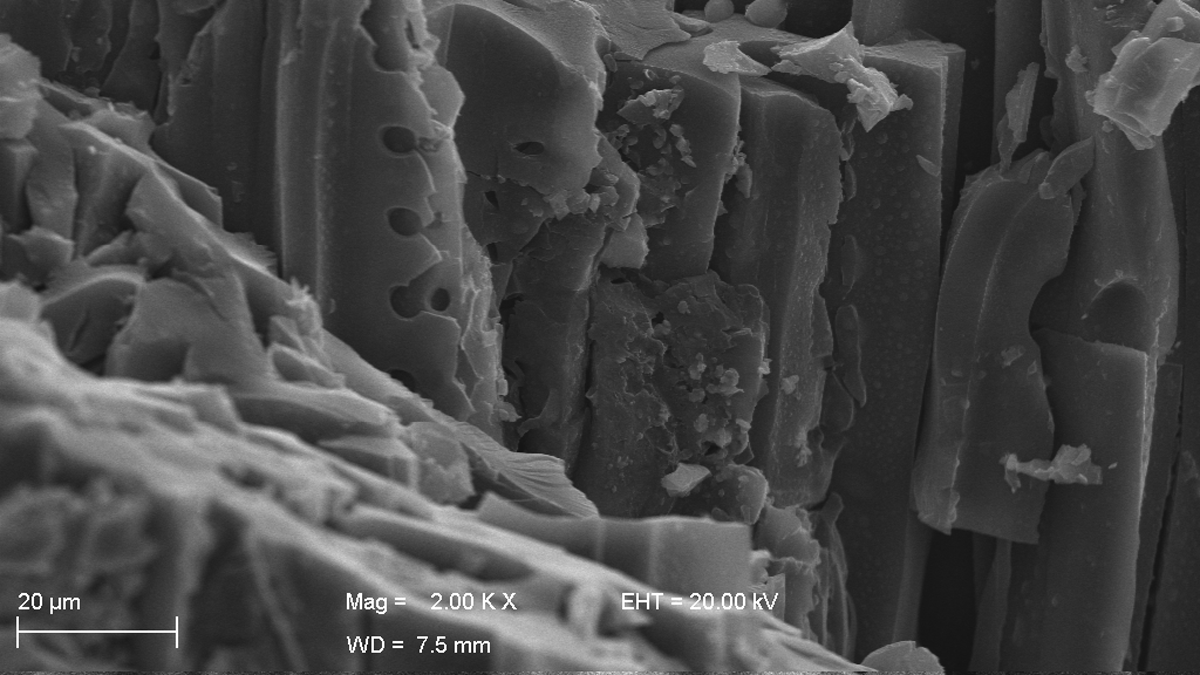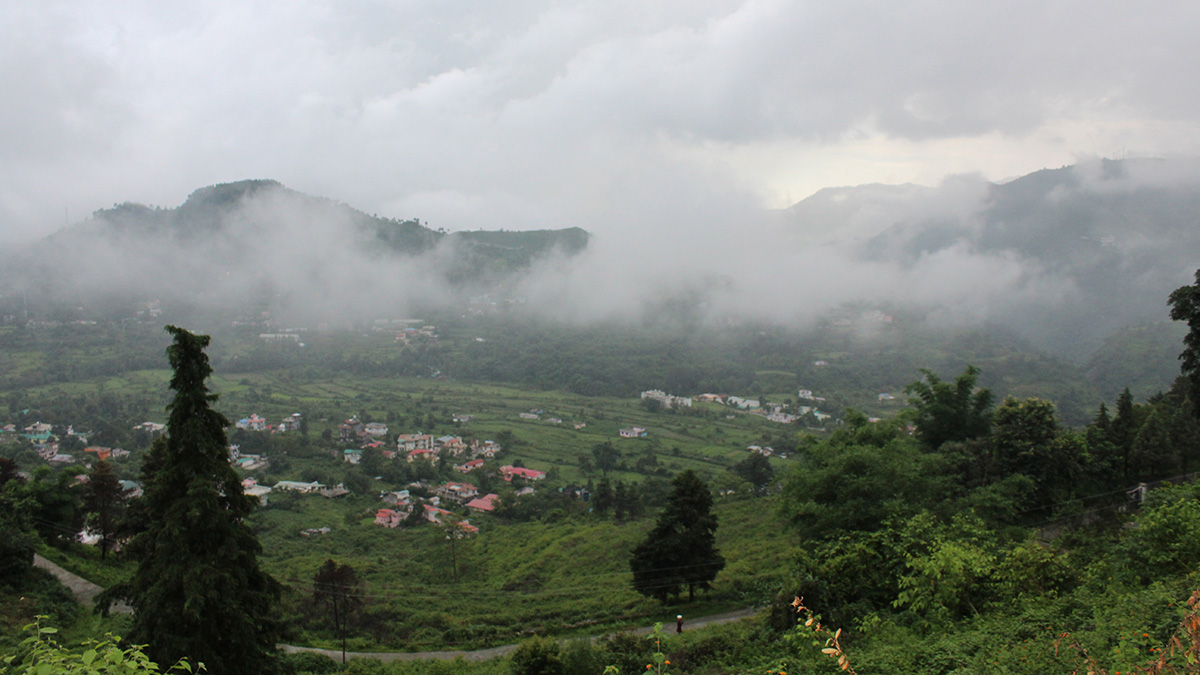Vascular plants may have contributed to shaping Earth’s atmosphere long before trees evolved.
proxies
¿Estaban los maestros impresionistas retratando una realidad contaminada?
Análisis de imágenes sugiere que el estilo de los artistas evolucionó en sincronía con el incremento de la contaminación en el aire durante la Revolución Industrial.
El Niño Varies More Intensely Now Than in the Past Millennium
Researchers found evidence for a strengthening El Niño in living and fossilized Galápagos corals.
Were Impressionist Masters Painting a Polluted Reality?
Image analysis suggests that artists’ styles evolved in sync with increasing air pollution during the Industrial Revolution.
Stalagmites Show Evidence of Prolonged Droughts in India
A new study using oxygen isotopes reconstructs a prolonged record of India’s summer monsoons, showing much greater variability than modern data sets.
Amazon Basin Tree Rings Hold a Record of the Region’s Rainfall
New research provides a 200-year reconstruction of interannual rainfall in the Amazon basin using oxygen isotopes preserved in tree rings in Ecuador and Bolivia.
This One Simple Trick Helps Us Understand How Much Water Is in Martian Lavas
Understanding how much water is in Martian magma is vital for understanding whether the Red Planet had seas in its early history.
Peat Uncovers a Uniquely Resilient Irish Community
Researchers reveal an abandoned settlement in Northern Ireland that showed unusual resilience during calamities including epidemics, famine, and climate change.
Cretaceous Charcoal Gives a Glimpse of Plant Evolution
New data from vegetal charcoal in northwest India supports the theory of paleowildfires as a global phenomenon and an evolutionary force for biodiversity.
Higher Sea Surface Temperatures Could Lead to a Weaker Monsoon
Most climate models predict that the South Asian monsoon will strengthen with climate change, but new research indicates warmer ocean temperatures may lead to a drier phenomenon.

